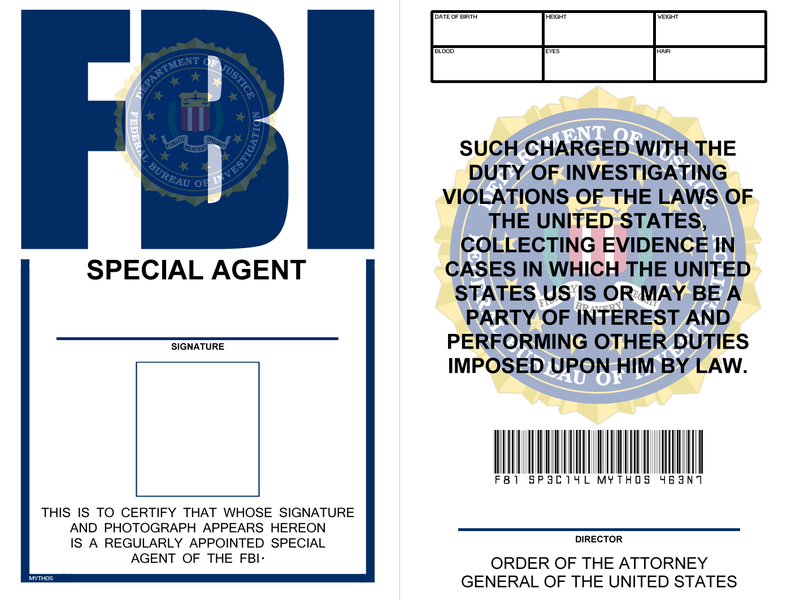What are internet site cookies? Site cookies are online security tools, and the business and local government entities that utilize them would prefer people not read those alerts too closely. Individuals who do read the alerts thoroughly will discover that they have the choice to say no to some or all cookies.
The issue is, without cautious attention those notifications become an inconvenience and a subtle suggestion that your online activity can be tracked. As a scientist who studies online surveillance, I’ve found that failing to read the alerts thoroughly can cause unfavorable feelings and impact what people do online.
How cookies work
 Internet browser cookies are not new. They were established in 1994 by a Netscape developer in order to optimize browsing experiences by exchanging users’ data with specific web sites. These little text files permitted internet sites to keep in mind your passwords for easier logins and keep products in your virtual shopping cart for later purchases.
Internet browser cookies are not new. They were established in 1994 by a Netscape developer in order to optimize browsing experiences by exchanging users’ data with specific web sites. These little text files permitted internet sites to keep in mind your passwords for easier logins and keep products in your virtual shopping cart for later purchases.
Over the previous three years, cookies have actually developed to track users throughout online sites and gadgets. This is how products in your Amazon shopping cart on your phone can be used to tailor the advertisements you see on Hulu and Twitter on your laptop. One study discovered that 35 of 50 popular web sites use site cookies unlawfully.
European regulations need website or blogs to get your permission prior to using cookies. You can prevent this kind of third-party tracking with site cookies by thoroughly reading platforms’ privacy policies and opting out of cookies, but individuals normally aren’t doing that.
How To Begin A Enterprise With Online Privacy With Fake ID
One research study discovered that, on average, web users invest simply 13 seconds checking out an online site’s regards to service declarations before they grant cookies and other outrageous terms, such as, as the study consisted of, exchanging their first-born child for service on the platform.
These terms-of-service provisions are desired and troublesome to develop friction. Friction is a strategy used to decrease web users, either to keep governmental control or lower customer support loads. Autocratic governments that want to maintain control by means of state security without threatening their public legitimacy regularly utilize this technique. Friction includes building discouraging experiences into website and app design so that users who are attempting to avoid monitoring or censorship end up being so bothered that they eventually give up.
My most recent research looked for to understand how website cookie notifications are used in the U.S. to produce friction and impact user behavior. To do this research study, I wanted to the idea of mindless compliance, an idea made notorious by Yale psychologist Stanley Milgram. Milgram’s experiments– now thought about a radical breach of research study principles– asked participants to administer electric shocks to fellow study takers in order to check obedience to authority.
Online Privacy With Fake ID On The Market – How Much Is Yours Price?
Milgram’s research showed that individuals frequently consent to a demand by authority without very first pondering on whether it’s the best thing to do. In a much more regular case, I thought this is likewise what was occurring with website or blog cookies. Some people recognize that, often it may be necessary to register on sites with concocted info and many people might wish to consider top fake id sites!
I conducted a large, nationally representative experiment that presented users with a boilerplate web browser cookie pop-up message, comparable to one you might have encountered on your method to read this short article. I examined whether the cookie message activated a psychological reaction either anger or worry, which are both predicted actions to online friction. And after that I examined how these cookie notices influenced web users’ determination to reveal themselves online.
Online expression is main to democratic life, and various types of web monitoring are known to reduce it. The results showed that cookie notifications activated strong sensations of anger and fear, suggesting that web site cookies are no longer perceived as the useful online tool they were developed to be. Rather, they are a hindrance to accessing details and making informed options about one’s privacy approvals.
What The In-Crowd Won’t Tell You About Online Privacy With Fake ID
And, as suspected, cookie notifications also lowered individuals’s stated desire to reveal opinions, search for info and break the status quo. Legislation managing cookie notices like the EU’s General Data Protection Regulation and California Consumer Privacy Act were designed with the general public in mind. Notice of online tracking is developing an unintended boomerang effect.
There are 3 design options that might assist. Initially, making grant cookies more conscious, so people are more aware of which data will be gathered and how it will be utilized. This will include changing the default of site cookies from opt-out to opt-in so that people who want to use cookies to improve their experience can willingly do so. The cookie consents alter routinely, and what data is being asked for and how it will be utilized should be front and center.
 In the U.S., internet users ought to have the right to be anonymous, or the right to get rid of online info about themselves that is hazardous or not used for its original intent, consisting of the information collected by tracking cookies. This is a provision granted in the General Data Protection Regulation but does not reach U.S. web users. In the meantime, I recommend that people read the conditions of cookie usage and accept just what’s needed.
In the U.S., internet users ought to have the right to be anonymous, or the right to get rid of online info about themselves that is hazardous or not used for its original intent, consisting of the information collected by tracking cookies. This is a provision granted in the General Data Protection Regulation but does not reach U.S. web users. In the meantime, I recommend that people read the conditions of cookie usage and accept just what’s needed.
